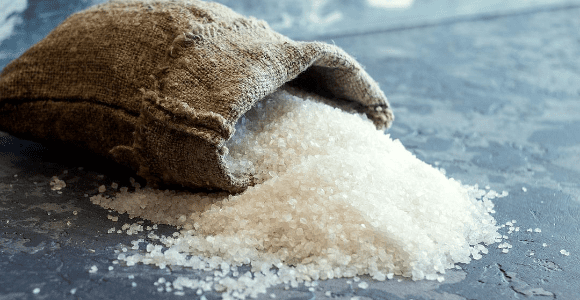Welcome readers! Please subscribe through the buttons on the right if you enjoy this post.
(Read this series from its beginning here.)

The prophets weren’t afraid to get their hands dirty with the material mess of our world’s injustice. They spoke truth to those in power, economically, politically, and religiously. They had social concerns. They had religious concerns, and their concerns were also political. The called the attention of those who heard their voices to a God of the poor, the widow, the orphan, and those deemed other. They called for personal righteousness and for social, systemic justice. Their inward contemplative practices empowered them to march onto the public scene as advocates for those harmed in their society. For them, social justice was what God’s love looked like in public.
It reminds me of Isaiah 1:12-17:
“When you come to appear before me, who has asked this of you, this trampling of my courts? Stop bringing meaningless offerings! Your incense is detestable to me. New Moons, Sabbaths and convocations—I cannot bear your evil assemblies. Your New Moon feasts and your appointed festivals I hate with all my being. They have become a burden to me; I am weary of bearing them. When you spread out your hands in prayer, I will hide my eyes from you; even if you offer many prayers, I will not listen. Your hands are full of blood; wash and make yourselves clean. Take your evil deeds out of my sight! Stop doing wrong, learn to do right! Seek justice, encourage the oppressed. Defend the cause of the fatherless, plead the case of the widow.” (emphasis added)
Isaiah could just as easily been speaking to Christians who prioritize their religious practice but neglect or omit the work of transforming our society into a just, safe, compassionate home for all. Challenging LGBTQ discrimination, White supremacy, patriarchy, or exploitative capitalism that places profit above people is not on the plate of these kinds of Christians, but they give much attention, time, and detail to their religious observances.
I’m reminded of how Luke’s Jesus calls out misplaced priorities and attention:
“Woe to you Pharisees, because you give God a tenth of your mint, rue and all other kinds of garden herbs, but you neglect justice and the love of God. You should have practiced the latter without leaving the former undone.” (Luke 11:42)
The prophetic book of Micah has that same emphasis:
“He has shown you what is good. And what does the LORD require of you? To act justly and to love mercy and to walk humbly with your God.” (Micah 6:8)
Those who seek to follow the teachings of a Jesus must, like the prophets of old, find their own hearts beating for justice for the oppressed and for mercy, rather than sacrifice, for the exploited. Their heart for justice and mercy must express itself daily through humble love that has learned to listen to the cries of the oppressed. As the prophets called for our world to be put right, we, too, can learn how to authentically listen to and live in the way of justice, mercy, compassion, and taking action.
Faith in Jesus that is not aligned with social justice in its many expressions or with communities being harmed is not the kind of faith we encounter in the story of Jesus.
I look forward to the day when Jesus followers are known for ministering justice to the poor, are overwhelmed with the grief of loss, and stand with the beaten down and all those hungering and thirsting for things to be put right (cf. Matthew 5:3-6).
What group of people are on your heart this week?
Let’s be salt that hasn’t lost its saltiness.













